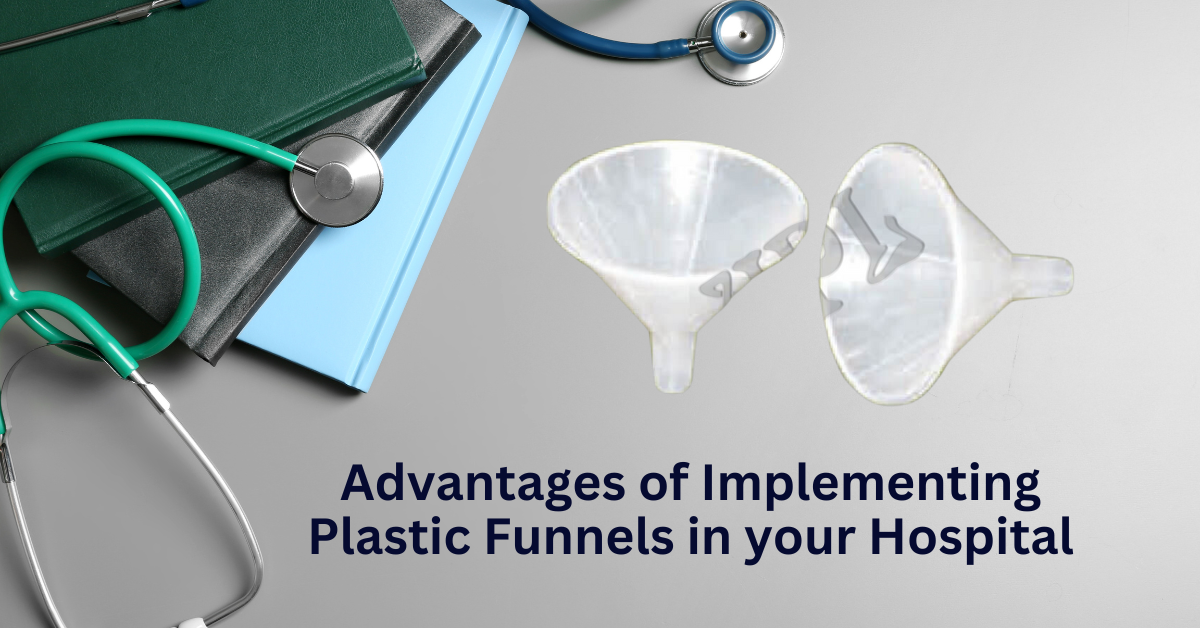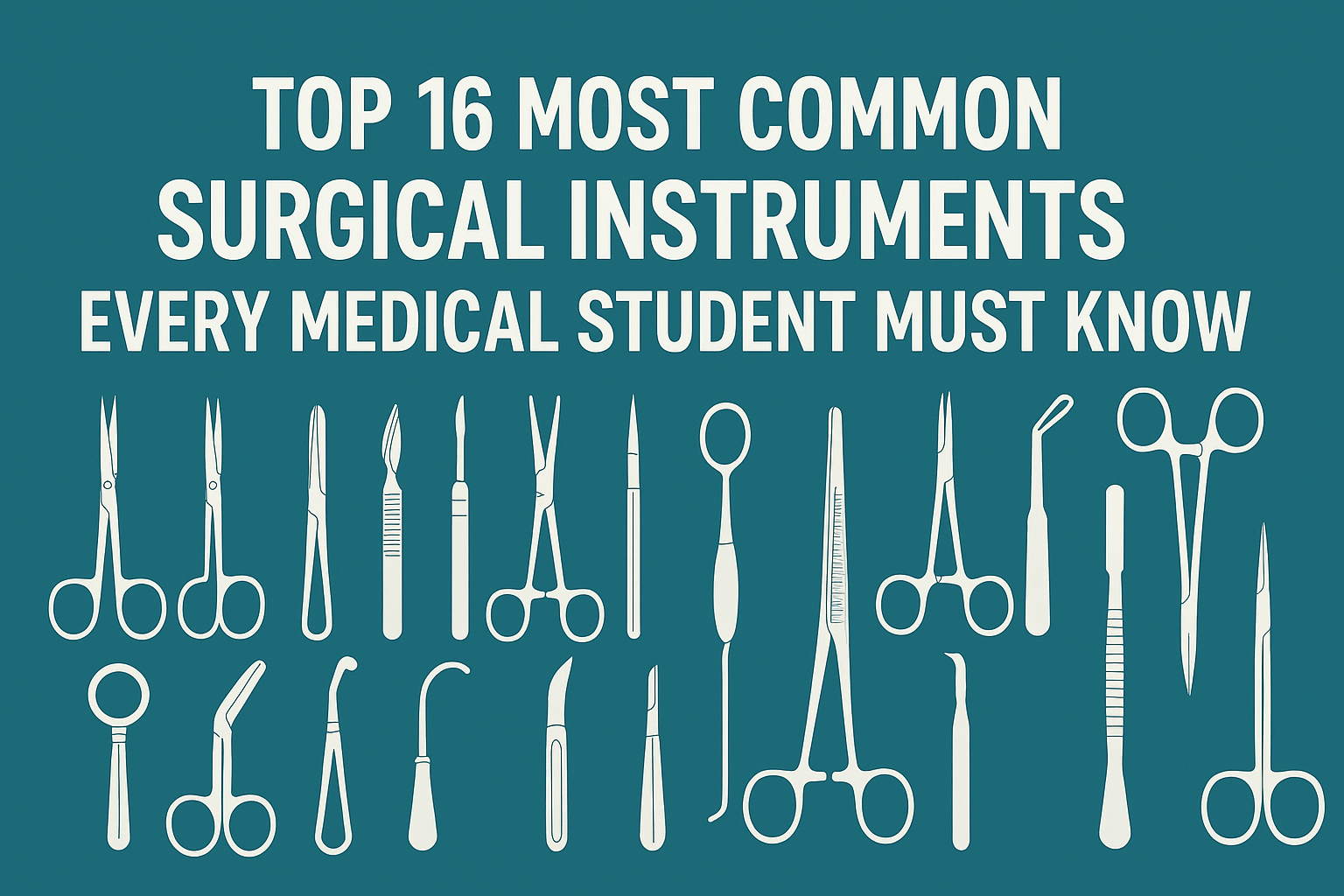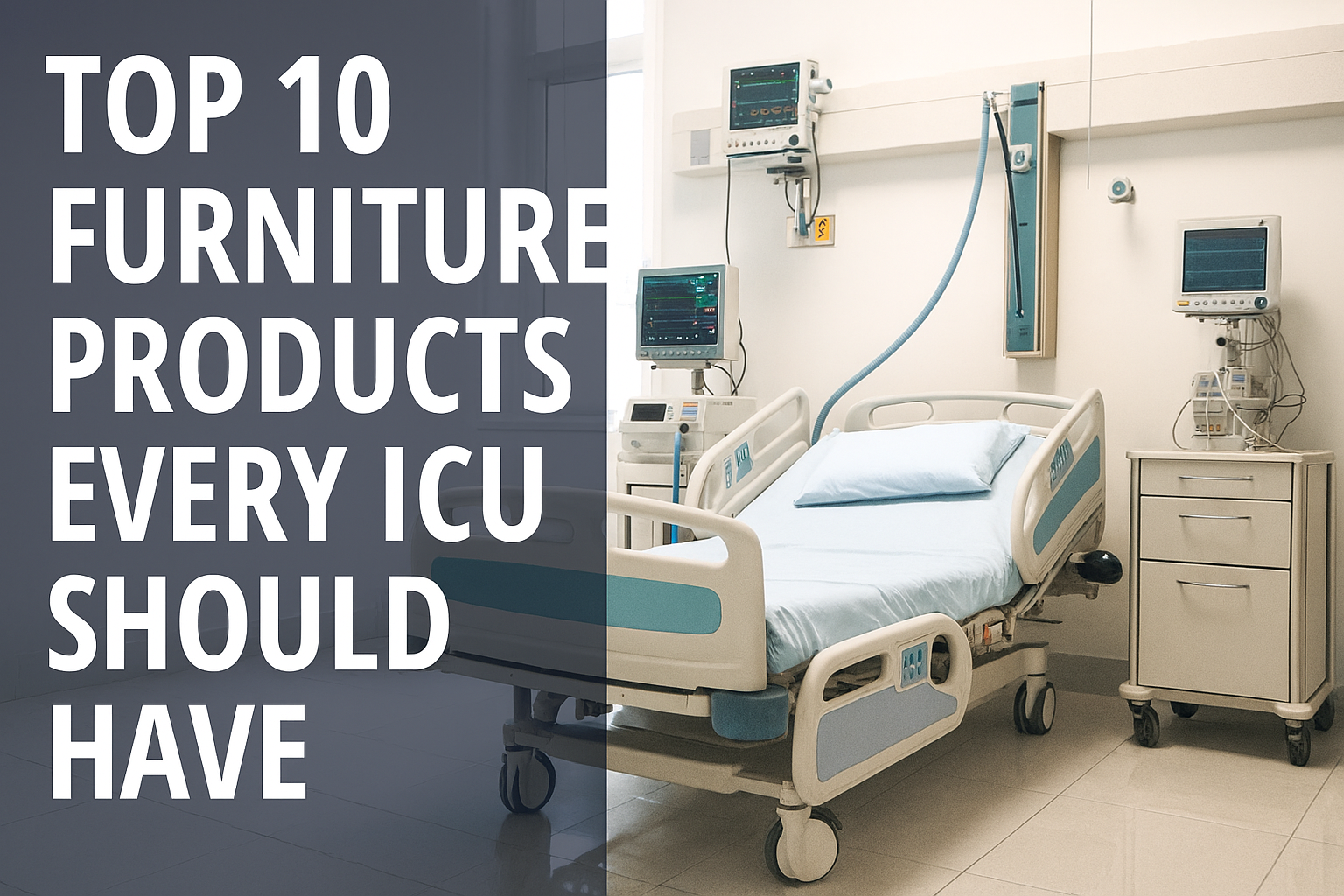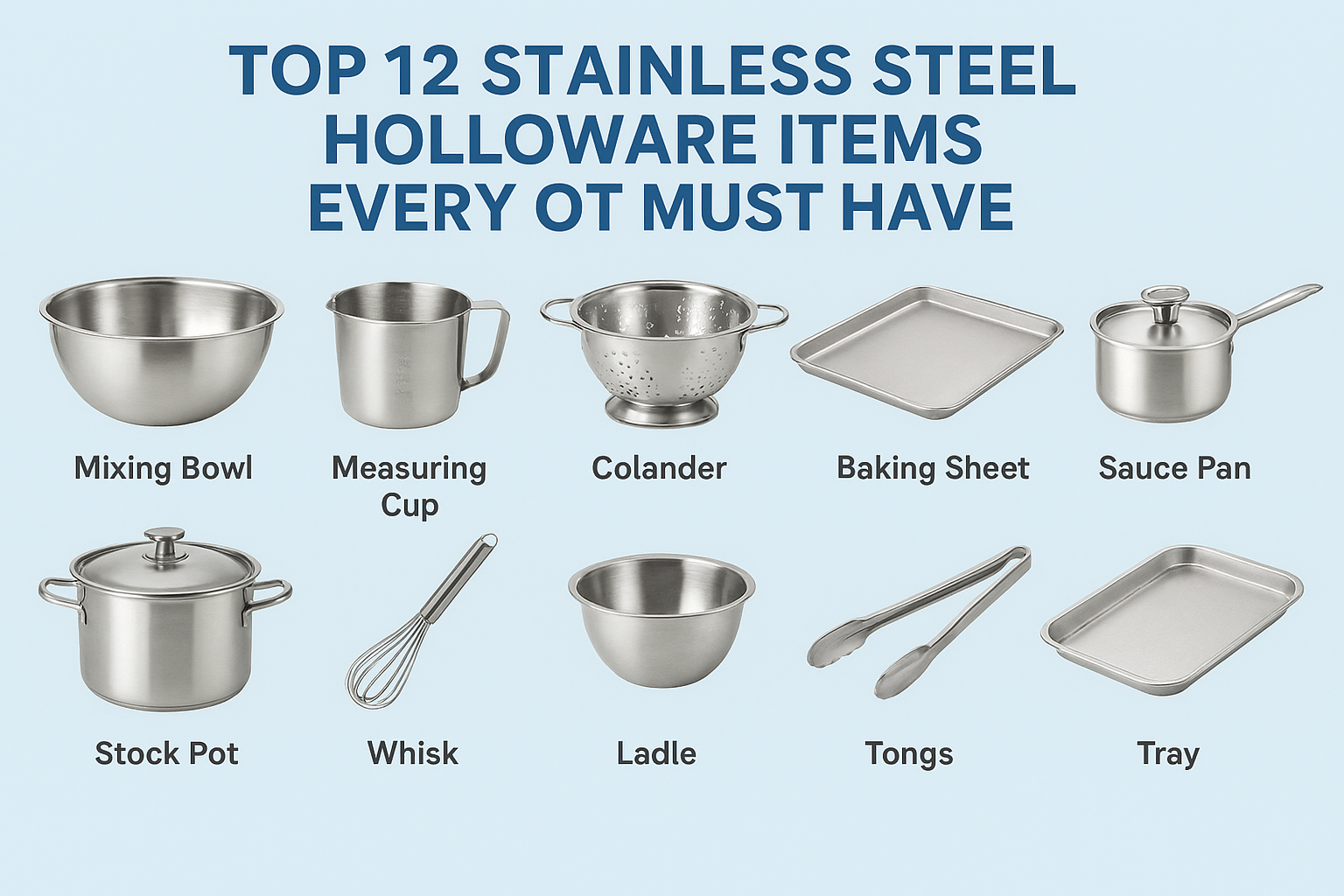In the healthcare industry, efficiency and safety are of paramount importance. Every aspect of a hospital’s operations, from patient care to laboratory procedures, must be streamlined and optimized to ensure the best possible outcomes. One often overlooked but crucial component in this equation is the humble plastic funnel. Implementing the use of plastic funnels in hospitals can bring numerous advantages, ranging from improved hygiene to cost savings and enhanced productivity.
Improved Hygiene and Infection Control
One of the primary advantages of using plastic funnels in hospitals is their contribution to improved hygiene and infection control. Unlike traditional glass or metal funnels, plastic funnels are disposable, eliminating the need for sterilization and reducing the risk of cross-contamination. This is particularly important in hospital settings where the transmission of infectious diseases can have severe consequences for patients and healthcare workers alike.
Plastic funnels are designed for single-use, ensuring that each funnel is clean and uncontaminated. This not only helps prevent the spread of pathogens but also eliminates the need for time-consuming and resource-intensive sterilization processes. By embracing the use of disposable plastic funnels, hospitals can significantly reduce their risk of hospital-acquired infections (HAIs), which can lead to prolonged hospital stays, increased healthcare costs, and potentially life-threatening complications.
Cost-Effective and Efficient
While the initial cost of plastic funnels may seem higher than reusable alternatives, their disposable nature and streamlined workflow can lead to significant cost savings in the long run. Hospitals no longer need to invest in expensive sterilization equipment or allocate resources for cleaning and maintenance of reusable funnels. Furthermore, the time saved by eliminating the need for sterilization processes translates into increased efficiency and productivity for healthcare staff.
Plastic funnels are also designed for ease of use, with many featuring ergonomic shapes and spill-proof designs. This not only enhances user comfort but also minimizes the risk of accidental spills, which can lead to wasted materials, contamination, and potential safety hazards.
Versatility and Compatibility
Plastic funnels are available in a wide range of sizes, shapes, and designs, making them suitable for various applications within a hospital setting. From transferring liquids and powders in laboratories to administering medications and collecting samples, plastic funnels can be tailored to meet the specific needs of different departments and procedures.
Additionally, many plastic funnels are designed to be compatible with various containers and receptacles, ensuring a secure and leak-proof fit. This versatility allows hospitals to streamline their operations by using a standardized set of funnels across multiple departments, reducing the need for specialized equipment and facilitating cross-functional collaboration.
Environmental Sustainability
While disposable plastic products may initially seem counterintuitive to environmental sustainability, the use of plastic funnels in hospitals can actually contribute to a reduced environmental footprint. Unlike reusable alternatives, which require extensive cleaning and sterilization processes that consume energy and generate waste, disposable plastic funnels eliminate the need for these resource-intensive activities.
Moreover, many plastic funnels are manufactured from recyclable materials, allowing hospitals to implement proper waste management practices and minimize their impact on the environment. By partnering with suppliers that prioritize sustainable manufacturing practices and offer recycling programs, hospitals can further enhance their environmental stewardship.
Compliance and Safety Standards
In the highly regulated healthcare industry, compliance with safety and quality standards is of utmost importance. Plastic funnels are designed to meet stringent regulatory requirements, ensuring that they are safe for use in medical settings and do not pose any risks to patients or staff.
Many plastic funnel manufacturers adhere to strict quality control measures and obtain certifications such as ISO and FDA approvals, providing hospitals with the assurance that their products meet the highest standards for quality, safety, and performance.
Implementing the use of plastic funnels in hospitals may seem like a small change, but the advantages it brings are significant. From improved hygiene and infection control to cost-effectiveness, versatility, environmental sustainability, and compliance with safety standards, plastic funnels play a crucial role in optimizing hospital operations and ensuring the best possible outcomes for patients and healthcare professionals alike.






